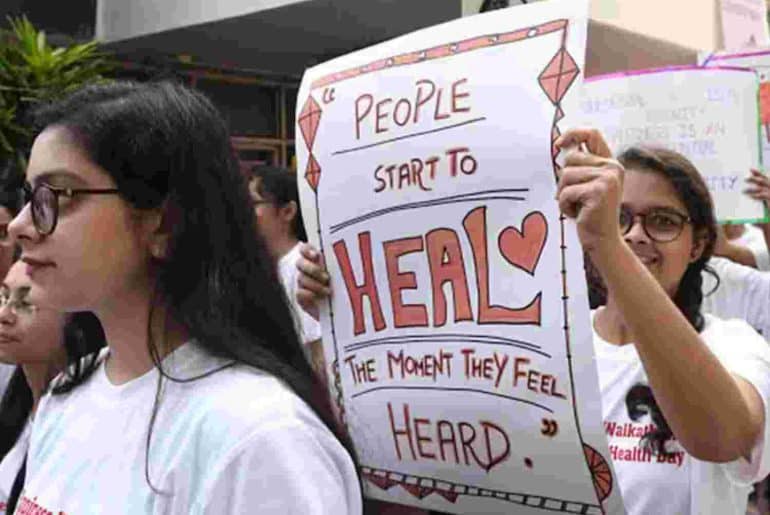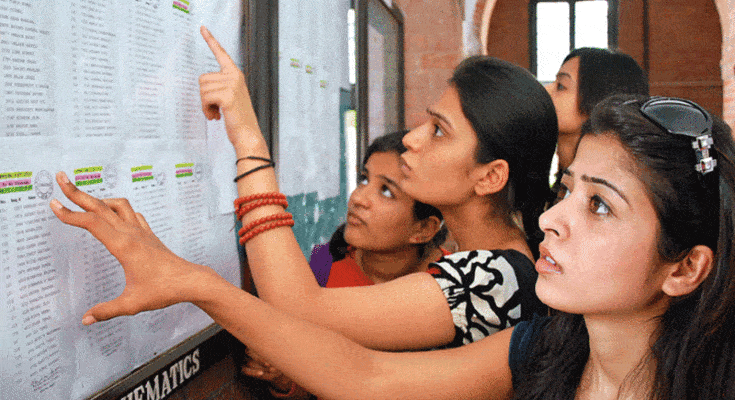The cultural context in India undeniably aggravates women’s mental health concerns, emphasizing the need for gender-specific mental healthcare.
There’s no doubt about the fact that the world has witnessed significant advancements in healthcare and societal norms over the past century. However, hushed conversations around mental health persist, especially when it comes to women. It was not very long ago that women in the Western world were put through procedures as invasive and barbaric as lobotomies under the guise of mental health treatment. While methods have definitely evolved, the stigma surrounding women’s mental health and the lack of adequate care are problems that still very much endure.
It is widely accepted in medicine that gender is a key determinant of mental health, as there are differences in the needs and experiences of people of different genders. Biological differences (in addition to social factors) keep women more vulnerable than men to mental health disorders. Estrogen and progesterone make women more susceptible to developing fear and anxiety as they regulate mood and cognition. Reproductive health and pregnancy-related mental illnesses also contribute to the disproportion. However, in India specifically, another reason for the need for gender-specific care is realized when we look at the intensity of how social factors determine women’s mental health in India.
The patriarchy is not unique to our country, but the ways in which it is upheld today are strikingly more severe than most. The preference for the male child and subsequent lower educational status of women, stricter standards for behaviour, early marriage, and the subservient role in the marriage household are all common parts of the lifestyle of an average Indian woman. These factors, coupled with the alarming rates of domestic violence, contribute to the occurrence and treatment of mental health disorders among Indian women.
As of October 2021, the majority of those facing mental health issues in India were women, but the obstacles associated with seeking assistance deterred them from doing so. Women in Indian society are expected to be the sole caretakers of not just the children in the family but also the adults. Even in ‘modern’ households where they might not exactly be expected to do so, women tend to assume responsibility for the same because such are the effects of deeply ingrained patriarchy. When women barely give up on such ‘duties’ while physically sick, it’s easy to understand why a study mentioned that they are apprehensive to seek mental health care in fear of being rendered useless and becoming a burden to their families. In fact, that is exactly how society perceives women with serious mental health struggles, as a study showed that such women are twice as likely to experience physical and sexual abuse as the general female population in India.
It is thus very evident that gender-specific mental health care is an imperative in India, and although we’ve seen notable progress in the past decade, it unfortunately remains accessible primarily to a privileged demographic within the metropolitan cities. The path towards extending this care to all of India will require elevating societal awareness, encouraging open dialogue, and advocating for reforms in healthcare policy. It is a long road, but one that needs to commence because women’s mental health is not some marginal concern but an integral component of society’s well-being.
Read also: Who Protects Our ‘Safe’ Spaces?
Featured image credits: ABP Live
Arshiya Pathania





